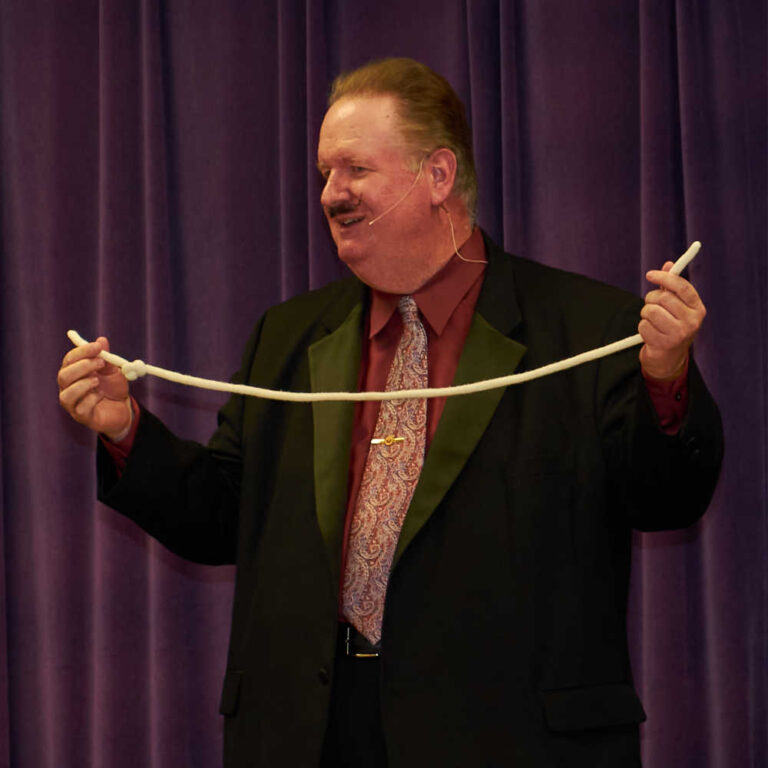7 Things About Magic That You Should Have Learned In Business School – #6
#6 – Your props should be in great condition, but they shouldn’t be the star of the show, either onstage or in business. Unless you’re performing a theme act set in a junkyard, there’s not really an excuse for performing with props that are in disrepair. The poor impression they make will be a psychological […]
7 Things About Magic That You Should Have Learned In Business School – #5
#5 – When it comes to polishing your secret move, in magic or in business, smoother is usually better than faster. “The hand is quicker than the eye” is a useful misconception. One of the great myths of magic – and business – is that it’s all about speed. The very word “prestidigitation” means “fast […]
7 Things About Magic That You Should Have Learned In Business School – #4
#4 – Just because your process is boring to you doesn’t mean the result will be. The details of the process aren’t important to the audience, who only care about the end result. But the process is critically important to you, the producer of the effect. You have to be judicious about which methods are […]
7 Things About Magic That You Should Have Learned In Business School – #3
#3 – If it doesn’t look like magic, it still needs work. The most important thing to your business audience is not how hard you worked on the technique. The most important thing to your audience is not whether your back-office software is the coolest. The most important thing to your audience is not how […]
7 Things About Magic That You Should Have Learned In Business School – #2
#2 – Mystery is valuable. It’s one of the primary rules of magic: don’t reveal the secret of the illusion. If you tell the audience your secrets, then the wonderful moment you created for them only seconds ago will lose a lot of its impact. Mystery, in the context of magic, is not about lying […]
7 Things About Magic That You Should Have Learned In Business School – #1
#1 – Audiences will pay to be amazed. What does magic have to do with business? I mean, David Copperfield is nearly a billionaire, but he’s certainly the exception. Why would anyone think magic has any relationship to business principles? The truth is, the art of magic is loaded with important concepts for sales, marketing, […]


